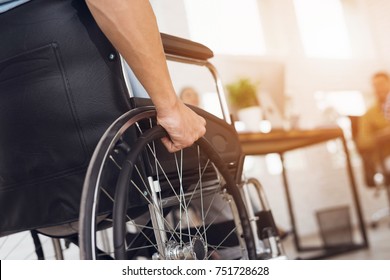An 80-year-old man had seizures several months ago. He was treated in the hospital and since then has had some lapses in short-term memory. His long-term memory is okay, but he is not retaining day-to-day matters very well. His awareness of a loss of some functionality has left him frustrated and a little depressed, as described in the article “Dear Counselor: Need options as father’s condition worsens” from the Davis Enterprise. The use of some antidepressants and medication has been helpful, and he seems better. However, what should the children be doing now to prepare for what may come next?

The children should make arrangements to have their parents go see an estate planning attorney soon. Only his wife is named as power of attorney, and the power of attorney forms have not been updated in many years, which is cause for serious concern. While their mom may be capable of handling his personal and financial affairs now, the stress of taking care of her husband is likely to take its toll. If the father’s condition deteriorates, she will likely need help. If for some reason she’s unable to act, then it will be better if the children, or one of the children, has the ability to step in seamlessly.
The first question to answer is whether the father has the legal capacity to create new powers of attorney for financial management and health care. To execute a power of attorney, a person must have mental capacity. The legal standard for this is the same as it is for someone signing a contract: the person must understand and appreciate the consequences of the document being signed.
There are four broad categories of mental deficits that impact a person’s capacity: alertness and attention, information processing, thought processes, and the ability to modulate mood. Short-term memory problems and depression may be considered deficits in both information processing and mood. However, that is only one part of the analysis.
Most estate planning attorneys will suggest that any client whose mental capacity may be questionable should at least obtain a note from their treating physician that they are capable of understanding and signing legal documents. This is not a legal requirement, but it will help if there is a challenge to the documents he signed because someone claims that he lacked capacity.
If the father indeed has capacity to execute a new power of attorney, then the adult children can be identified as alternates to the wife. If she is not able to act as an agent, then the siblings will be able to step in. However, if he is unable to execute a new power of attorney, the previous power of attorney would be the operative document. So if the wife is unable to perform as his agent, there is no one to serve as a backup.
In that case, a petition would need to be filed in the probate court to have a child or children appointed conservator. You can think of this as a “living probate.” It will give the child(ren) the same power as a power of attorney, but in return they will have to report to the court on an on-going basis. Conservatorship proceedings are expensive, time-consuming, and a last resort.
Reference: Davis Enterprise (Oct. 2019) “Dear Counselor: Need options as father’s condition worsens”


